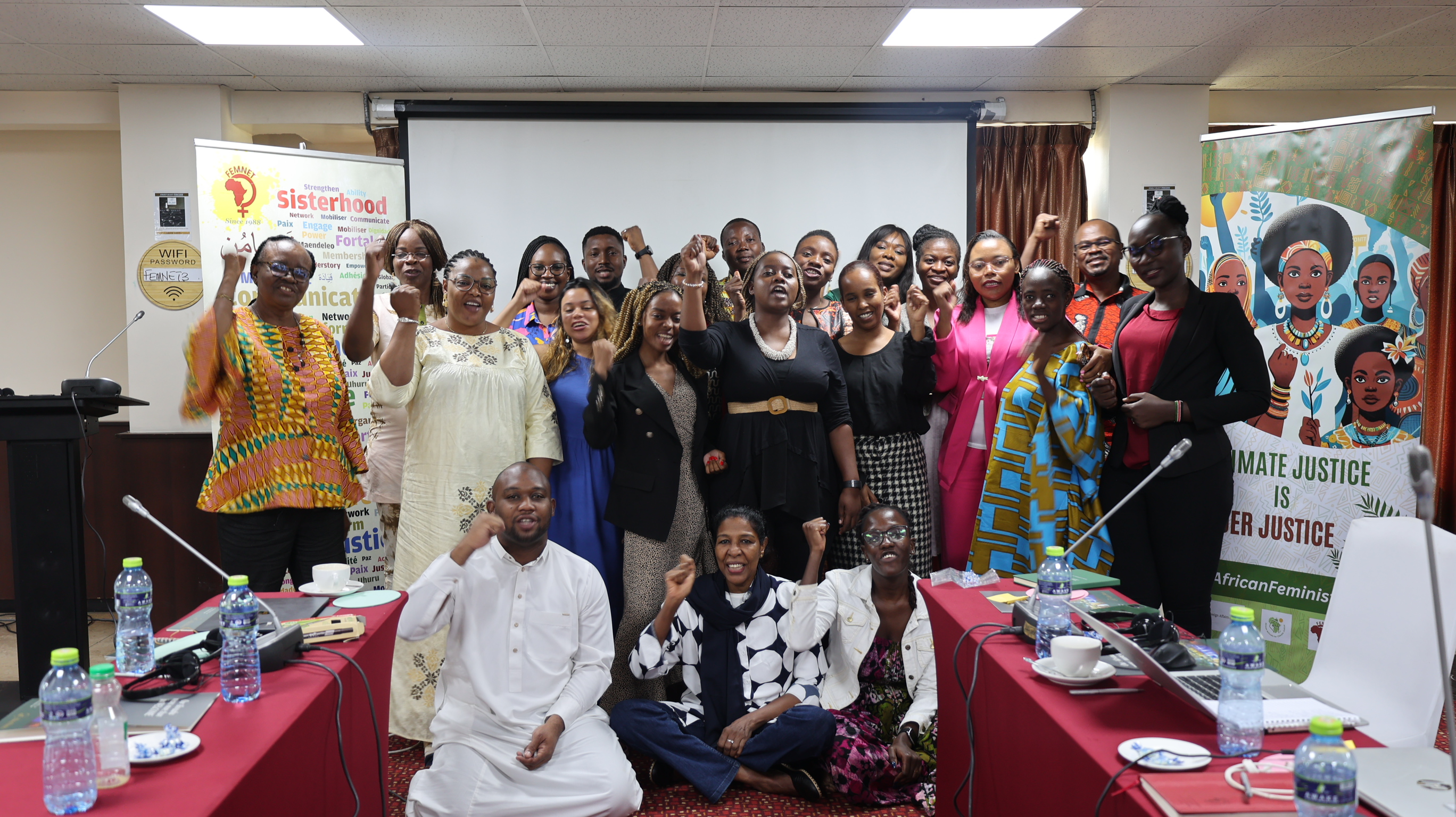
Climate Storytellers Unite in Ghana: Amplifying Africa’s Voice
Across 13 African nations, a chorus is rising. In Accra, Ghana, 17 journalists gathered, not to sing, but to sharpen their tools for a different kind of storytelling – one focused on climate justice. This two-day training, hosted by FEMNET and AACJ, aimed to empower these media professionals to become champions for African narratives on climate change.
From the scorching heat of the Sahel to the rising sea levels threatening coastal communities, these journalists represented the diverse realities of a continent grappling with climate’s wrath. Through this training, they explored complex issues like climate finance and carbon markets, guided by experts like Dr. Wambua Kituku . He unveiled the science behind these concepts, equipping journalists to translate them for their audiences.
Climate change is more than science; It’s about people, especially women and girls who are disproportionately impacted. Dr. Melania Chiponda’s sessions tackled these issues head-on. She challenged biased reporting and urged journalists to spotlight the crucial roles women and girls play in finding solutions.
Sharing their struggles wasn’t easy. From limited access to data, like Nigerian journalist Zeinab Sanini who lamented the lack of reliable information, to overcoming stereotypes; Burkina Faso’s Victorine Zongo stressed the need to dismantle gender bias, these journalists identified roadblocks to effective reporting.
However, their voices resonated with a clear message: more needs to be done. They called for increased focus on climate change stories, improved data availability, and collaboration across media, NGOs, and governments. Fact-checking misinformation and empowering marginalized voices, particularly women and indigenous communities, were also crucial points.
Community engagement was paramount. Journalists recognized the importance of working with local communities to amplify their stories. They envisioned themselves as watchdogs, holding governments accountable through investigative reporting and advocacy campaigns to drive policy change.
Leaving Ghana, these journalists weren’t just storytellers – they were architects of change. Armed with knowledge and a renewed sense of purpose, they plan to use their skills to shape a more sustainable and just future for Africa and beyond. Their collaboration, fueled by FEMNET and AACJ, will serve as a powerful voice on the world stage, demanding action on climate change.






